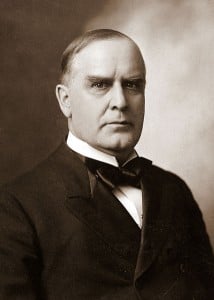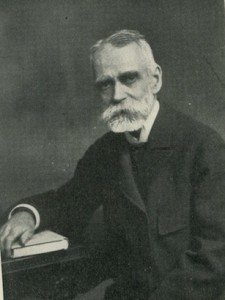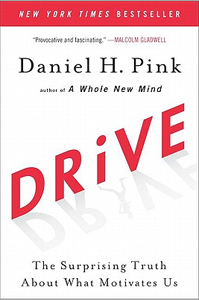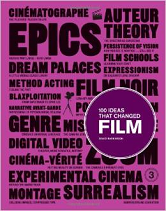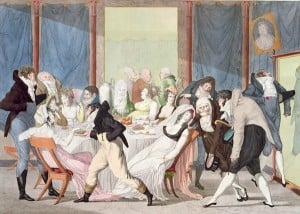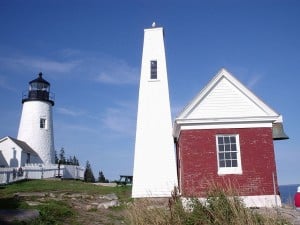Earlier this week President Obama announced that the tallest mountain in North America would no longer be called Mt. McKinley, but would revert back to its native Alaskan name, Denali. Alaska had changed the mountain's name at the state level in 1975, but politicians from Ohio, birthplace of US President and former geographic namesake, William McKinley, had opposed the change, fearing it would diminish McKinley's legacy. What is that legacy now that a peak he never climbed in a state he never visited no longer bears his name? This week we highlight some of the relevant topics surrounding America's 25th President:
We understand your library wants to post fun content to social media but that you might not have the time to dedicate to writing it, so we’d like to help!
Libraries Then & Now: Promoting the Library and its Collection in Vastly Different Eras
Recently we looked at an article Samuel Green wrote in 1876 titled, “Personal Relations between Librarians and Readers,”* and found that despite tectonic shifts in the tools libraries employ, how and why libraries help users has changed very little over the past century and a half.
Autonomy, Mastery and Purpose: How Daniel Pink’s "Drive" Motivates Me
According to recent Gallup study, businesses with high levels of employee engagement are 21% more productive and 22% more profitable than those with low employee engagement.
Libraries Then & Now: An 1876 Essay Shows Just How Much (And How Little) Has Changed
Recently we dusted off a Library Journal article from 1876 in which Samuel Green speaks to the “Personal Relations Between Librarians and Readers.”* In a series of vignettes about the reference needs of patrons inspired by his time with the Worcester Free Public Library, Green describes scenes that parallel the needs of users today. 140 years later, everything about libraries has changed, except for the many things that are exactly the same.
We understand your library wants to post fun content to social media but that you might not have the time to dedicate to writing it, so we’d like to help!
To borrow a sentiment from Twain, reports of the death of reference have been greatly exaggerated. Just because students now have unprecedented access to information through their phones, tablets and computers, that doesn’t mean they aren’t still doing research or using reference. But it does mean that if we want them to do good research, reference may have to adapt to new trends and technologies. So, what does 21st Century Reference look like?

